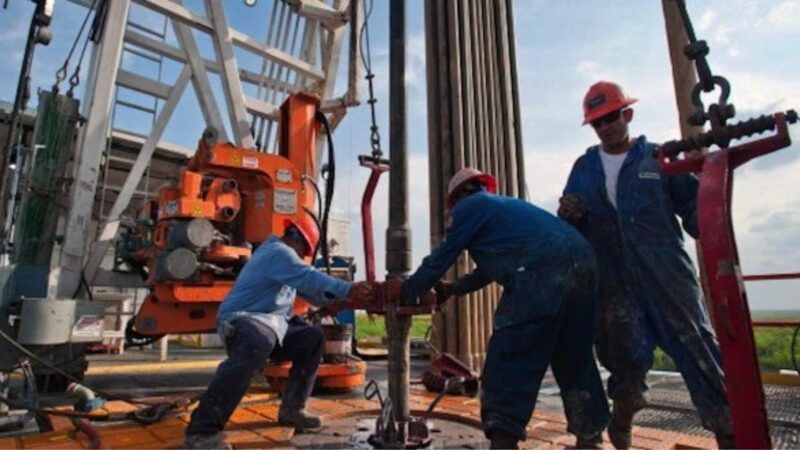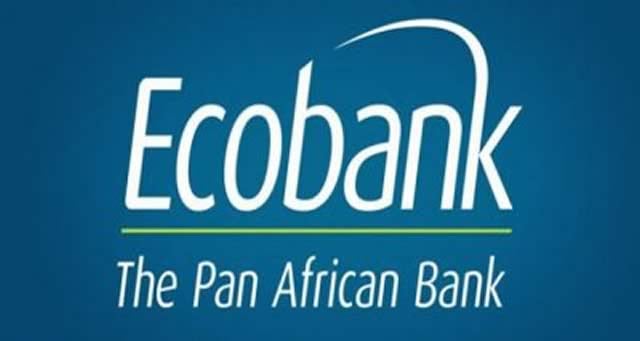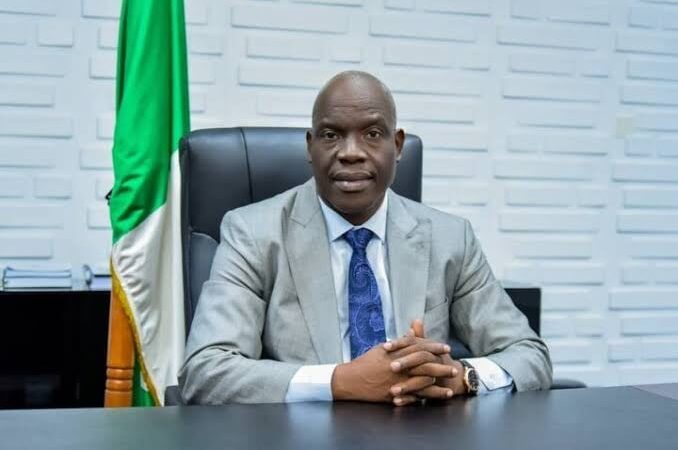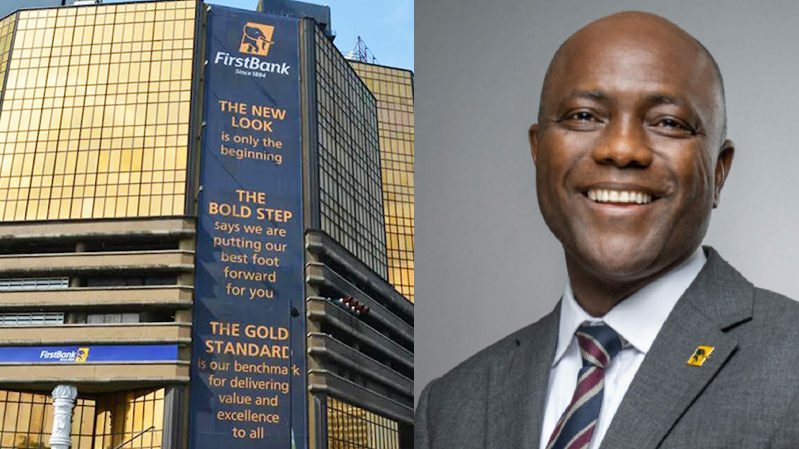Eight banks’ market cap rises to N7.2tn
 Eight Nigerian banks closed December 24 with a total market capitalisation of N7.20tn, reflecting a gain of N109.10bn from the N7.09tn recorded on December 23, The PUNCH reports.
Eight Nigerian banks closed December 24 with a total market capitalisation of N7.20tn, reflecting a gain of N109.10bn from the N7.09tn recorded on December 23, The PUNCH reports.
The market witnessed mixed performances across key players, with some stocks recording gains, while others remained steady or declined marginally.
United Bank for Africa led the gainers with a 2.86 per cent increase in its share price to N36.00 from N35.00, pushing its market capitalisation to N1.23tn from N1.20tn. Trading activity surged as 51.17m shares were exchanged in 563 deals, up from 26.38m shares in 686 transactions the previous day.
Zenith Bank PLC remained steady at N46.00, maintaining its market capitalisation at N1.44tn. However, trading volume fell significantly to 15.12m shares in 338 deals, compared to 34.65m in 500 transactions on December 23.
Access Holdings PLC recorded a modest gain of 0.61 per cent, closing at N24.70 from N24.55. This increased its market capitalisation to N877.97bn from N872.64bn, despite a decline in trading volume to 10.00m shares in 302 trades, compared to 18.41m shares in 541 deals the day prior.
FBN Holdings PLC posted a 2.76 per cent increase in its share price to N27.90 from N27.15, boosting its market capitalisation to N1.00tn from N974.56bn. Trading volume dropped to 2.89m shares in 164 trades, down from 5.06m in 275 deals on December 23.
Fidelity Bank PLC’s share price increased 5.11 per cent, closing at N17.50 from N16.65. Its market capitalisation rose to N560.21bn from N533.00bn, with 12.51m shares traded, compared to 21.98m shares the previous day.
Guaranty Trust Holding Company PLC saw a 1.36 per cent decline in its share price to N57.95 from N58.75, resulting in a drop in market capitalisation to N1.71tn from N1.73tn. The company experienced reduced trading activity, with 17.42m shares exchanged in 179 deals, down from 39.38m shares in 345 transactions on December 23.
Sterling Financial Holdings Company PLC recorded the highest percentage gain, with its share price rising by 6.36 per cent to N5.85 from N5.50. This increased its market capitalisation to N168.42bn from N158.35bn. Trading activity included 8.53m shares exchanged in 163 deals, compared to 9.79m shares in 218 trades the previous day.
Wema Bank PLC closed on a positive note, with a 2.86 per cent increase in its share price to N9.00 from N8.75. Its market capitalisation grew to N192.87bn from N187.51bn, with 5.60m shares traded in 125 deals, up from 4.25m shares in 136 trades the previous day.
When contacted, the Chief Executive Officer of Cowry Treasurers Limited, Charles Sanni, emphasised that banks are crucial drivers of the economy, which naturally generates investor sentiment towards acquiring shares in these institutions. He explained that banks provide liquidity, making them a key asset for investors looking to easily convert their holdings into cash. According to Sanni, foreign investors are more likely to target banks as their first choice when entering the Nigerian market.
He further noted that as banks raise capital, they deploy it strategically, which is especially important in the context of high inflation rates that also contribute to their increasing profits. Sanni pointed out that while most banks are exercising caution in lending, leading to difficulties for borrowers, the recapitalisation of the banking sector has provided a major boost. This, he said, gives banks more capital to engage in business activities.
“The banks are crucial drivers of the economy, and naturally, people will have sentiment in acquiring shares of banks.” He explained that banks provide liquidity, adding, “As an investor, you will be looking at how you can quickly convert your asset to cash, and the bank provides that.” Sanni further emphasised that, “If foreign investors are confirmed, the banks are the first place they are coming to.”
He stated that regardless of whether it’s government spending or consumer activity, the banking sector remains a consistent money-making force.
“As the banks are raising capital, they are deploying it. The inflation rate is high, so their profit is also high.”
Sanni pointed out that, “Most banks are not lending cleanly, so the borrowers are suffering,” but emphasised that “recapitalisation is a major boost,” as it allows banks to have more capital to do business with.”
In March, the CBN announced new capital requirements for the banks, aimed at strengthening financial institutions and achieving President Bola Tinubu’s $1tn economic target. The directive raised the minimum capital requirement to N500bn for commercial banks with international authorisation from the N25bn threshold in 2005. The apex bank pegged the new capital requirement for national banks at N200bn and N50bn for regional banks.







